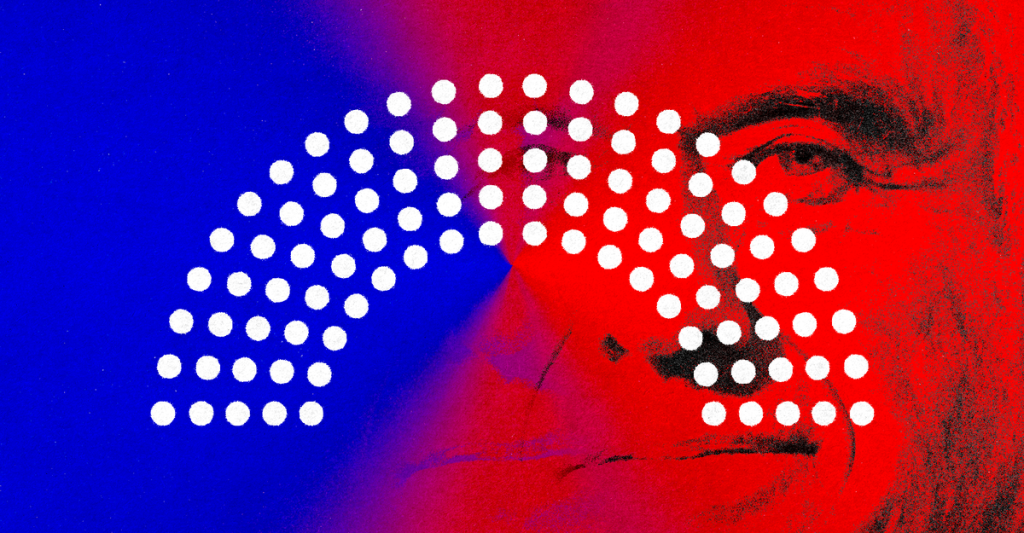Understanding the Nomination of Robert F. Kennedy Jr. for Health Secretary: A Summary
-
Newborn Health Practices and Senator Cassidy’s Role:
The article begins by highlighting the importance of the hepatitis B vaccine administered to newborns in the U.S. to prevent severe liver disease. Senator Bill Cassidy, a Republican with a medical background, championed vaccinations, particularly the hepatitis B vaccine, after witnessing its impact on a patient. His role in the confirmation of Robert F. Kennedy Jr. as health secretary is pivotal, given their contrasting views on vaccines. -
Robert F. Kennedy Jr.’s Controversial Views:
Kennedy is known for his anti-vaccine stance and various conspiracy theories, including claims about the hepatitis B vaccine being promoted by pharmaceutical companies. His theories extend to unrelated issues like 5G and antidepressants, which lack scientific backing. These views raise concerns about his suitability as health secretary, given the potential impact on public health policy. -
Political Dynamics and Senate Hearings:
The article discusses the support Kennedy might receive from Republican senators like Roger Marshall and John Barrasso, who appreciate his focus on diet-related diseases. Despite his controversial views, Kennedy’s ability to align with certain policy issues may garner support. The Senate Finance Committee, including Cassidy, holds significant power in his confirmation, with Cassidy’s vote potentially decisive. -
Misrepresentation of Science and Public Perception:
Kennedy’s strategy of misrepresenting scientific studies to seem credible is a key concern. His appearance on Joe Rogan’s podcast exemplifies how he manipulates information, making it difficult for the public to discern fact from fiction. This highlights the broader issue of misinformation and its influence on public discourse. -
Potential Consequences of Confirmation:
If confirmed, Kennedy’s tenure could lead to drastic health policy changes, potentially undermining scientific consensus. Cassidy’s vote is crucial, as it could either block or facilitate Kennedy’s appointment, setting a precedent for prioritizing political agendas over scientific evidence. - Conclusion:
The nomination of Robert F. Kennedy Jr. underscores the intersection of politics and public health, with significant implications for the future of health policy. Cassidy’s decision will be a turning point, reflecting the balance between political loyalty and scientific integrity.
This summary captures the key elements of the article, emphasizing the human impact of political decisions and the importance of scientific integrity in public health.


